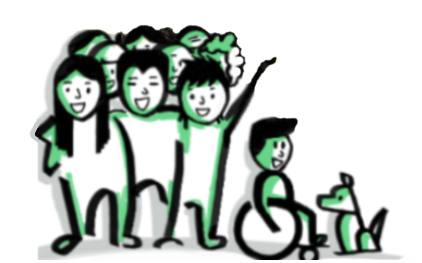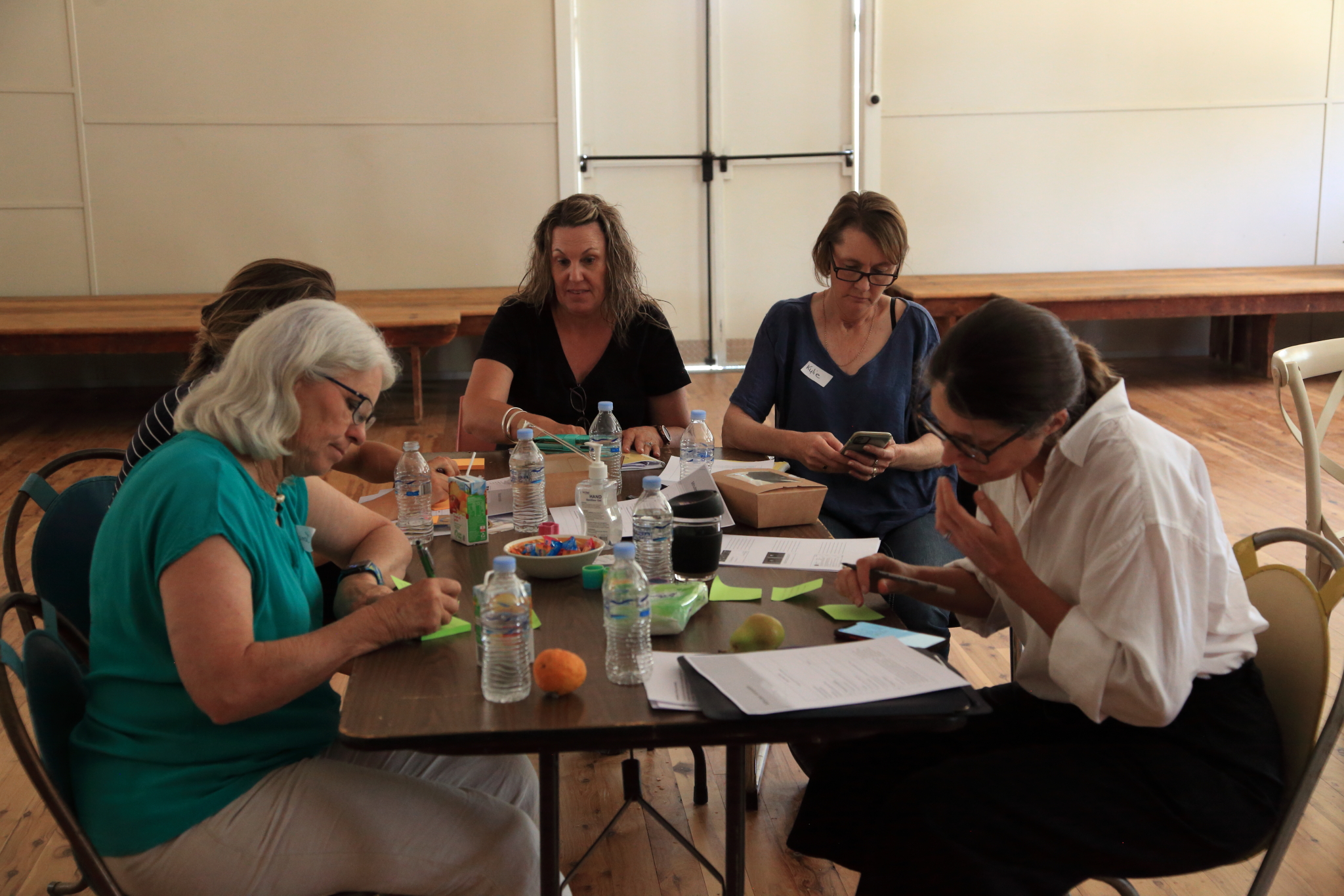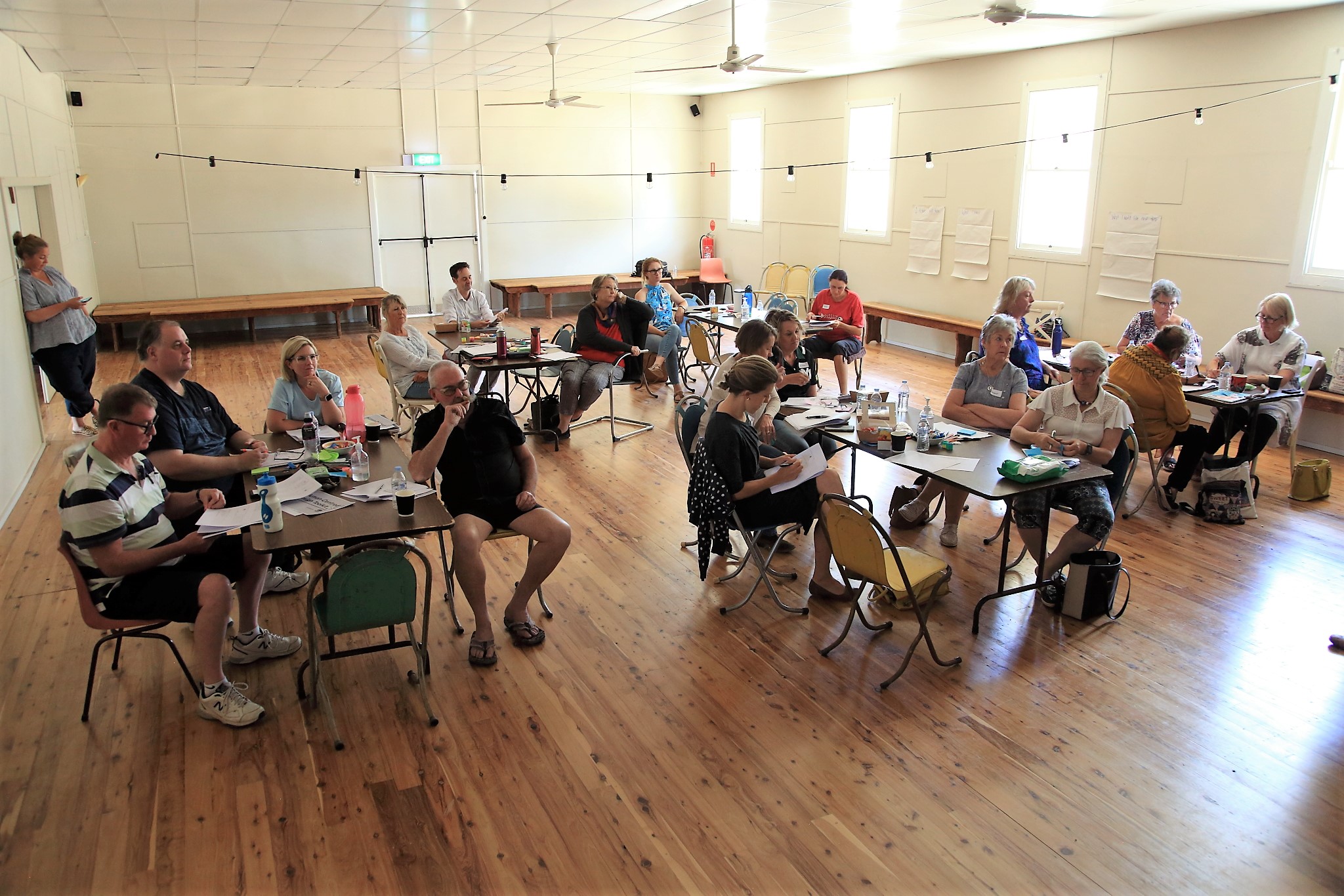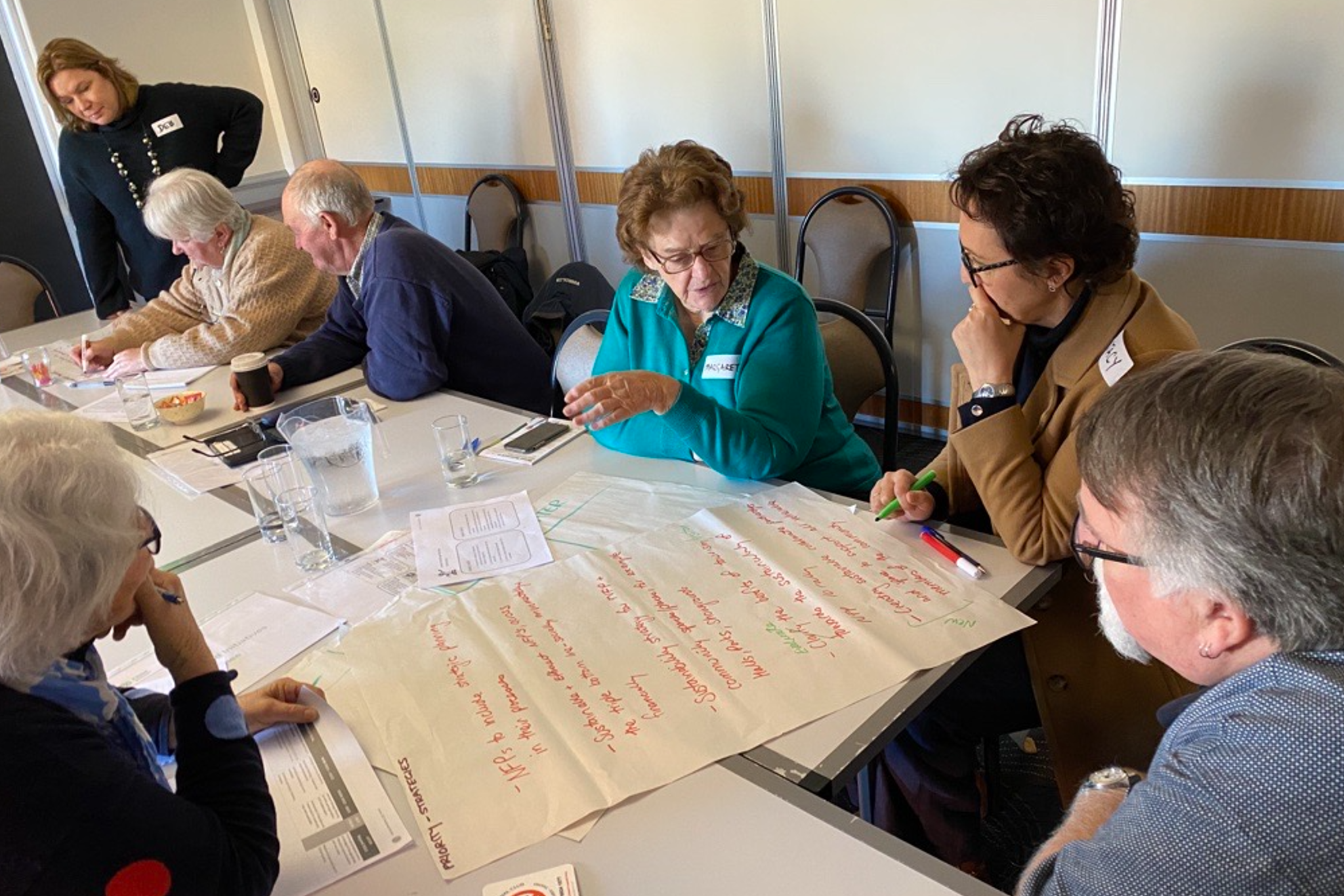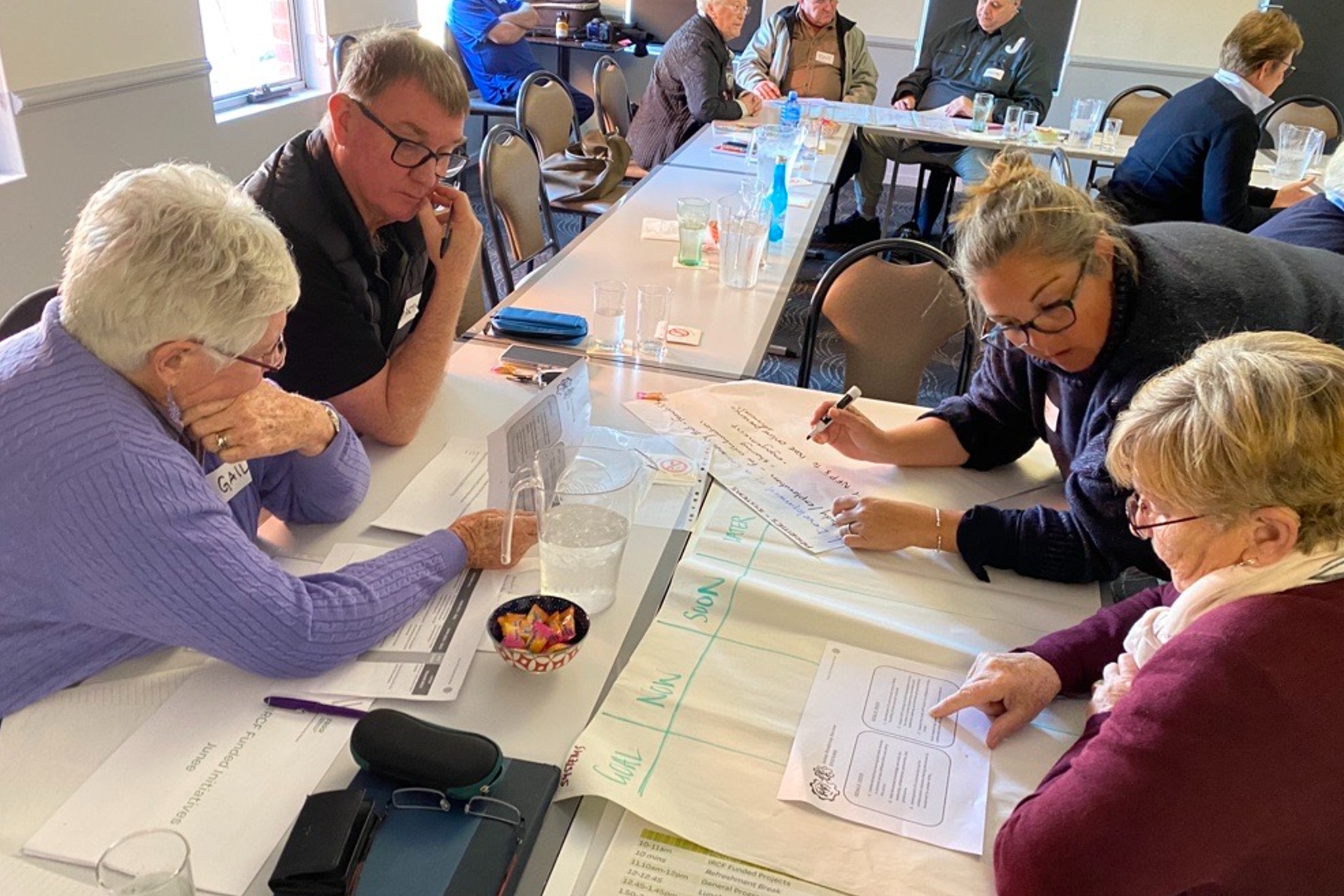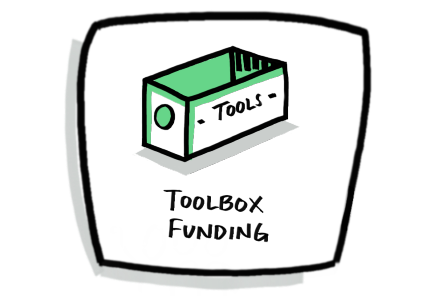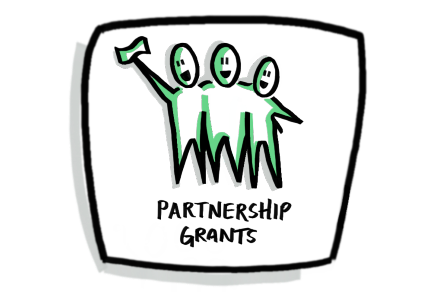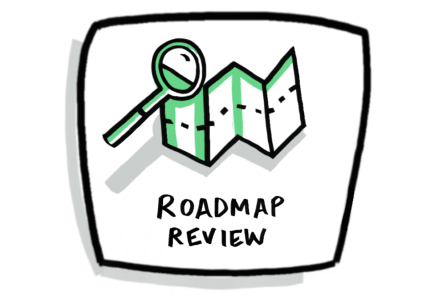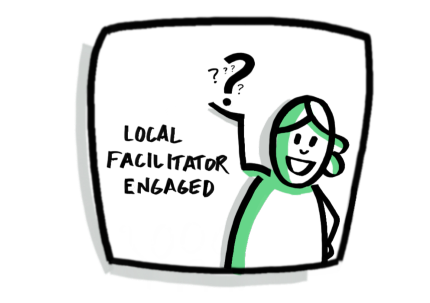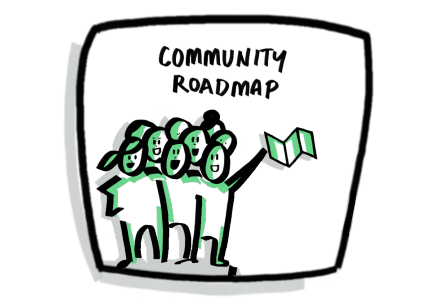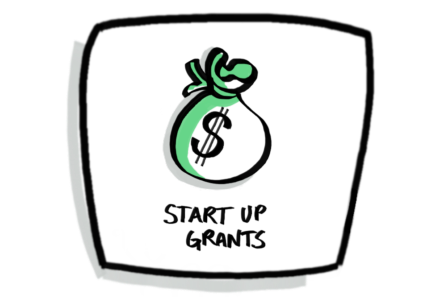Junee IRCF Journey
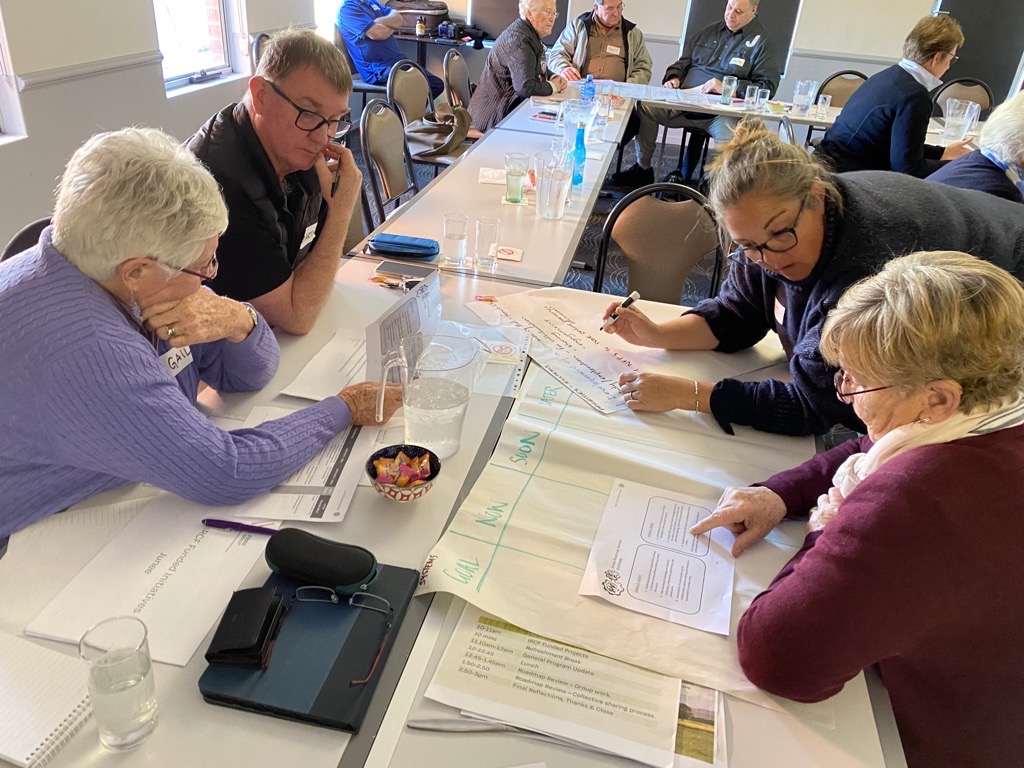
Welcome
Through the IRCF program in Junee, local community facilitators have contributed to supporting the Junee not-for-profits (NFPs) to build relationships, connect across the region, and work together on activating a Community Roadmap, a shared vision for the Junee community..
Contacts:
Program Manager Nancy Sposato – 0477 395 381
Proudly supported by

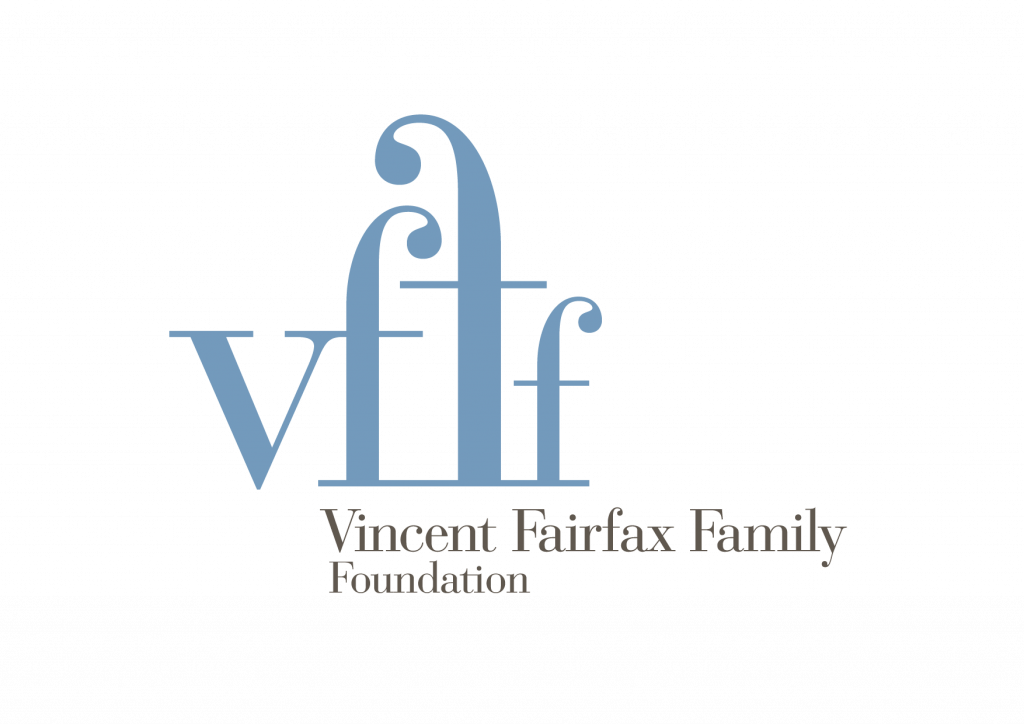
Junee IRCF Goals
Junee is a medium-sized town in the Riverina region of NSW. The town of Junee is located on the lands of the Wiradjuri people.
With more than 80 NFPs located within its boundaries, Junee has a population of more than 6,200 people.
The community roadmap articulates the goals decided by the community, for the community. Applications for funding should be for projects that align with the goals found in the community roadmap.
Community Roadmap
Culmination Plan
As the IRCF program winds down in Junee, granting and program priorities have been identified and confirmed by communities. Learn more about these Culmination Priorities.
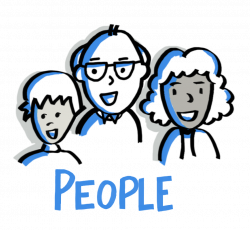
project funding
Developing leadership capabilities, a renewed sense of community spirit and fostering skill development to create strong organisations that bring together various leaders, groups and residents.
- Encourage more volunteers to facilitate, participate and help within the community.
- Provide mentoring to new and existing members.
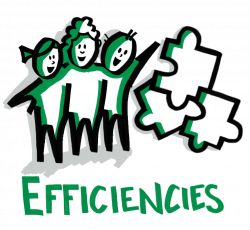
project funding
Fostering relationships and practises that support efficient and effective collaboration with other not-for-profits to enhance community impact.
- Improved communications.
- Shared infrastructure and equipment.
- Community Development Officer (Shared FTE) supporting:
- Grants
- Event Promotion
- Marketing and Communications
- Ensure a community owned web-based database exists.
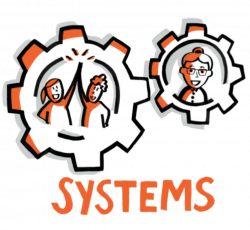
project funding
Supporting community leaders to input new insights and energy to effort by providing lessons, systems and structures that demonstrates best practice.
- Study and exploration of systems that support:
- Collaboration
- Sharing
- Engagement
- Support uptake of online presence for NFPs including website and social media.
- Continued training and skill development across NFPs in:
- Leadership
- Partnerships
- Governance
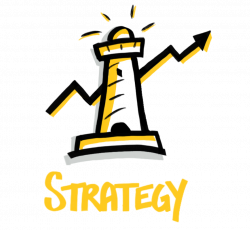
project funding
Providing tools and measures that support and enable the sustainability of organisations well into the future.
- Creating sustainable collaborative partnerships and space to support NFPs, the wider community and vulnerable people.
- Strategic planning to support sustainable and efficient NFPs across the triple bottom line – socially, environmentally and financially.
- Sustainability strategy for community facilities/spaces/place (e.g.: Halls, parks and showgrounds).
- Ensure NFP services and activities are represented in overall Junee Tourism strategy to enable promotion and revenue.
FRRR Contribution
WHAT HAS HAPPENED TO DATE AND WHAT IS ON THE HORIZON
Click on the arrows on either side of the page to move back and forth through the activities

Evaluation – NFP Health Check
The IRCF program is being independently evaluated by our delivery partner Matrix on Board for the life of the program. As part of this evaluation, FRRR is measuring the change and impact of the program at three different levels, this is being measured by using a series of tools.
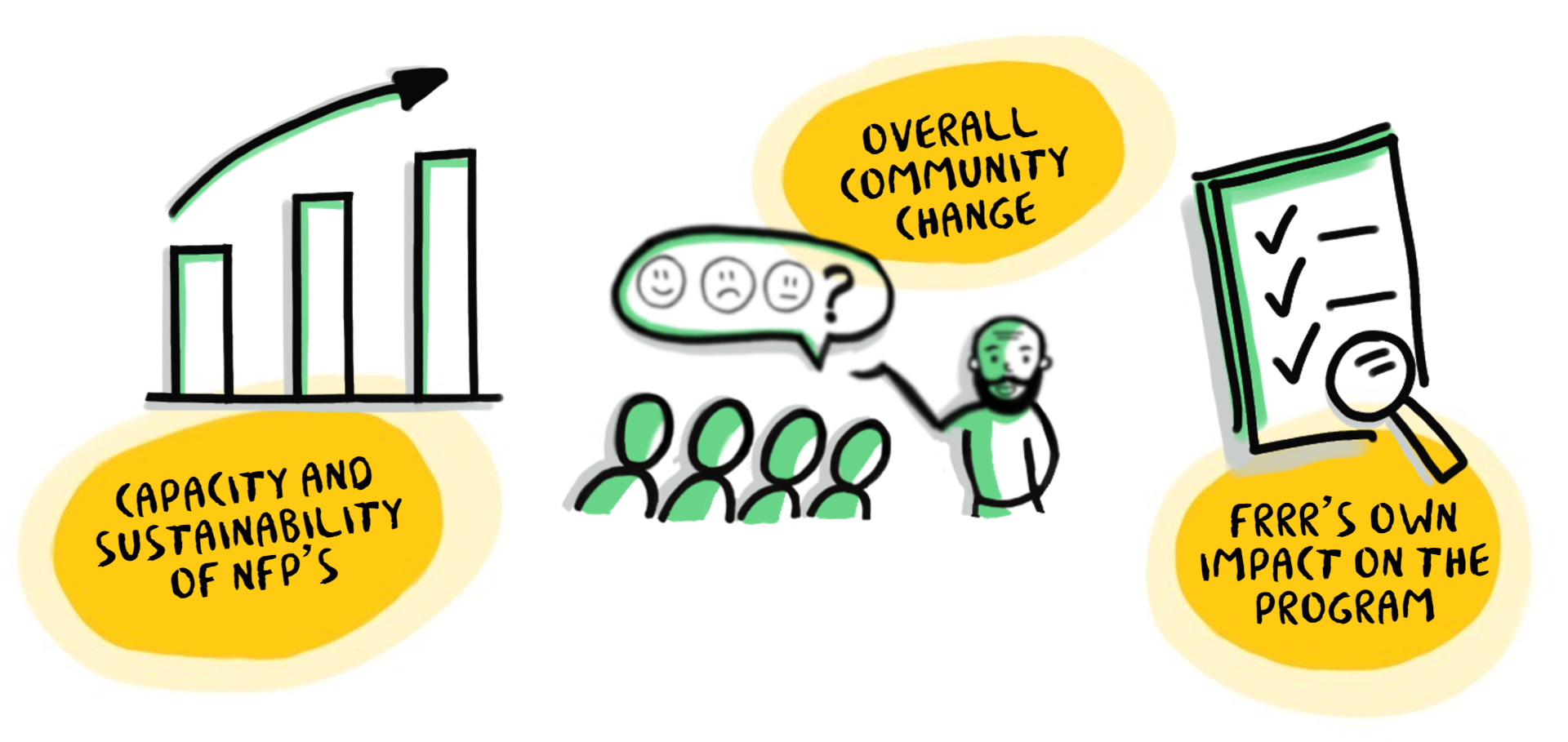
There are three components to the evaluation of the IRCF program:
1. The change and impact on the capacity and sustainability of the individual NFP organisations involved in the program. One of these tools is an organisational self-assessment for committees to collectively discuss the current health of their organisation. It was designed specifically for the program looking at the four pillars of Strategy, People, Systems and Efficiencies. The assessment measures each pillar using a 5 point scale out of 12 areas of organisational competency, giving organisations a score out of 60, we are using a mean of this score across the funded organisations to monitor an overall health of these organisations and to track any impact, the program may have. All funded organisations take part in the self-assessment. These assessments are undertaken every six-months, with an additional one-on-one interview with each organisation.
2. The impact of the program on overall community change as a result of the work of the organisations. This will be measured through the engagement of all organisations in the community through a Community Workshop facilitated by the Evaluation Team using the Harwood Index. In each community there has been a range of external individuals to the project selected that meet with the evaluation panel every 6 months for breakfast to discuss the impact IRCF is having.
3. FRRR’s own impact on the program. Most of this performance is in the form of measurable data such as dollars spent, the number of organisations who have been able to participate in the program and the number of people impacted by the programs/projects delivered. Reporting and interviews are employed to capture the effectiveness and impact of the Community Facilitators employed to support the organisations.
We acknowledge and extend our appreciation to the Traditional Owners of the land, the Wiradjuri people, on which Junee is located and the Traditional Custodians of the lands on which we work, play and live.
We pay respect to their ancient and continuing cultures, their connections to the land, and to the Elders, past, present and emerging.



